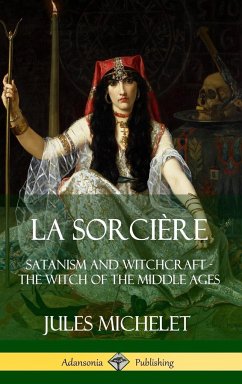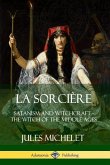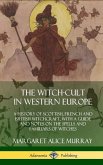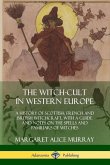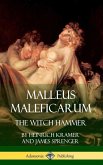La Sorcière, Jules Michelet's celebrated history of witches and witchcraft from the Middle Ages to the 18th century, is presented here in English. Originally published by Jules Michelet under the title 'Satanism and Witchcraft', this text seeks to explain the origins and practices of witchcraft, and how the intermittent crises regarding witches would emerge in Europe over the centuries. Demonstrating how witchcraft grew from a mixture of pagan beliefs and strands of Biblical lore, Michelet creates a compelling narration, casting the practices as a response to Christianity which was near-ubiquitous in pre- and post-Renaissance Europe. Although Michelet's reputation as a historian of the French nation and the Revolutionary period renders this one of his lesser-known books, his study remains valuable for its thorough, readable nature. Well-sourced owing to the author's voracity and resources, La Sorcière does not flinch from accounting the unusual traditions and ceremonies of witchery.

